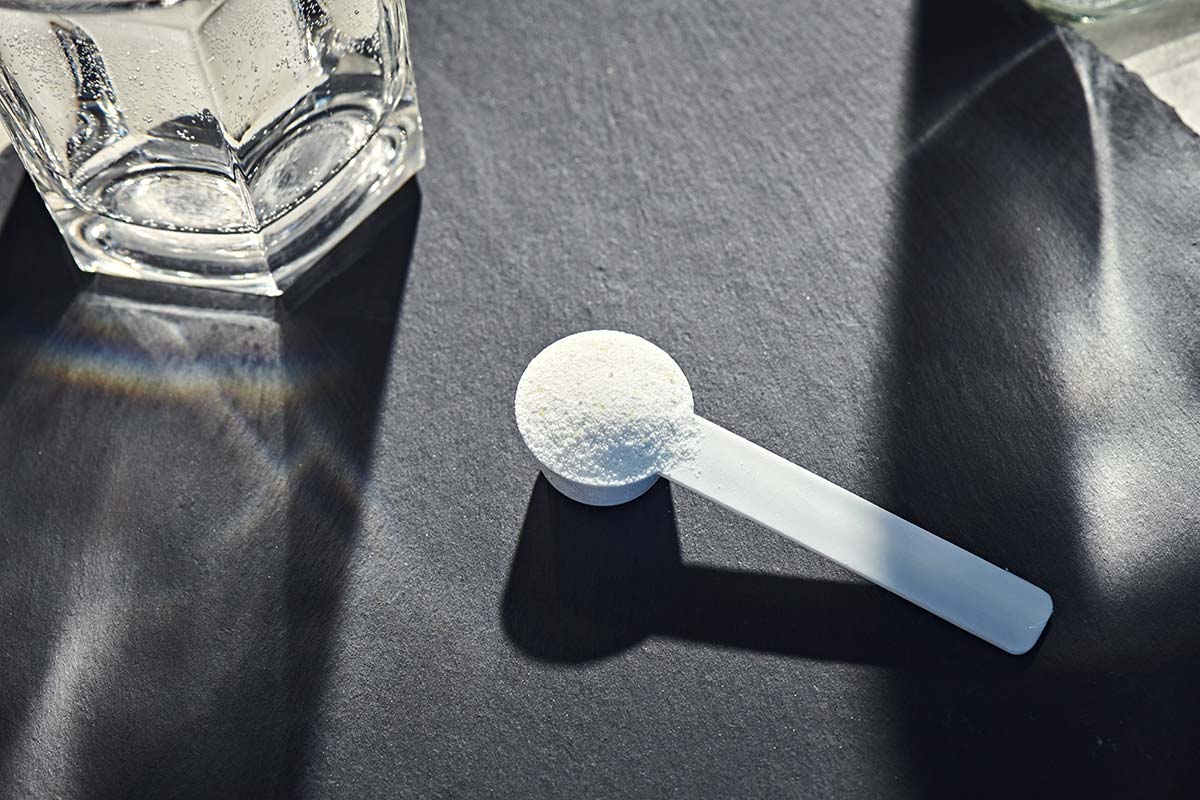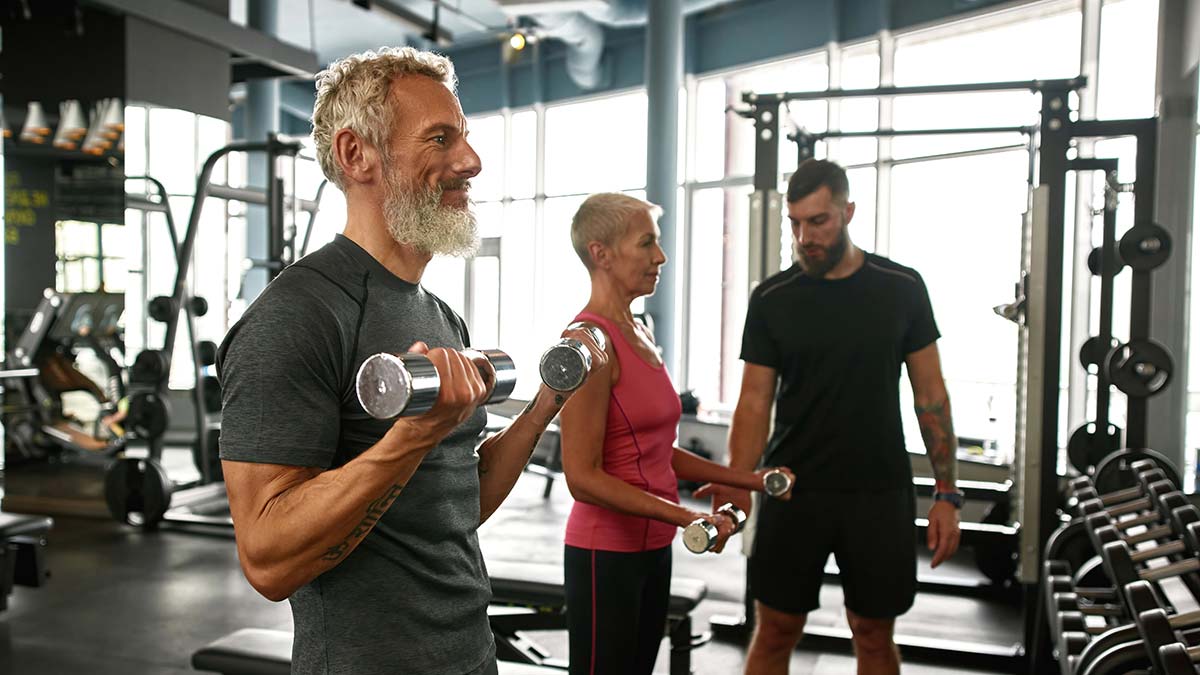Ask Dr Adam: Should I Be Taking Creatine?

Creatine is one of the most talked-about supplements in the world of fitness. Often associated with swole bodybuilders chasing huge muscle gains, it’s built a reputation on social media as an elite athlete’s go-to.
However, beyond the ‘gym-bro’ stereotype, creatine is quietly shaping up as one of the most researched and beneficial supplements available – and it’s not just for those looking to bulk up. So, is creatine right for you? We asked our Head of Nutrition, Dr Adam Collins, to break it down.
What is creatine?
Creatine is a substance that behaves like a protein and is primarily found in meat and fish. Interestingly, your body can also produce its own creatine, mainly in the liver. This means that even if you’re not eating meat, your body is still capable of making some creatine on its own.
Creatine functions by moving phosphate molecules, which are essential for energy transfer. It alternates between two forms: creatine and creatine phosphate (often called CrP). This process is crucial because it helps recycle ATP, the primary energy source in your cells.
When you’re doing exercise that requires quick energy, like sprinting or lifting heavy weights, creatine steps in to provide that extra boost.
While you can naturally process creatine from the amino acids found in meat products, there’s a big dietary catch to know: to achieve the muscle-boosting levels of creatine found in supplements, you’d need to consume a staggering amount of steak daily.
And with more people embracing plant-based diets for health and environmental reasons, creatine supplements offer a far more convenient solution to get your daily fix.

Creatine’s role in muscle building
To grow bigger and stronger muscles, your body needs to create more protein. This is especially true for type II muscle fibres, which are key for strength and power. When you lift weights or put your muscles under strain, it triggers muscle protein synthesis and repair, helping them grow back stronger.
Creatine supplementation can boost muscle size and strength in two main ways. First, it increases the amount of creatine phosphate in your muscles, which keeps a quick energy supply for high-intensity activities like sprinting or heavy lifting. This means you can do more work (aka more reps or longer sprints) leading to bigger muscle gains over time.
Second, creatine can draw water into your muscle cells, making them swell and appear bigger. This water retention may also help your muscles store more glycogen (the stored form of carbohydrates), further boosting size and performance.
However, people who naturally start with lower creatinine levels, like vegetarians or vegans, tend to see the most benefit from supplementation. Pairing creatine with carbohydrates can also help your body absorb it better.

Is creatine important for health?
Interestingly, while creatine is well known for its muscle-building benefits, it also has several other health advantages. One common concern about creatine is its impact on kidney function, but it’s often confused with creatinine, a byproduct of muscle metabolism. High creatinine levels in the blood can signal kidney issues, but creatine supplementation itself doesn’t typically harm kidney function in healthy people.
In particular, creatine can be beneficial for older adults, who often experience a loss of muscle mass and strength. When a supplement is combined with resistance training, creatine can help these older communities to regain muscle and strength, improving overall physical function and reducing the risk of falls and injuries. There’s also some evidence that creatine might help maintain bone density and slow down bone-related diseases, like osteoporosis – which becomes a bigger concern with age.
Finally, further research studies have linked creatine with better cognitive health. Some studies suggest it could help with memory, particularly in older adults, although more research is needed in this area.


















